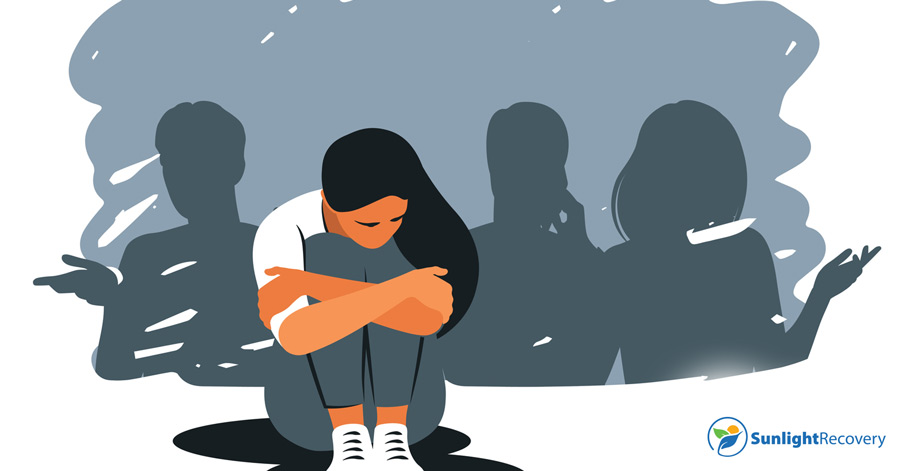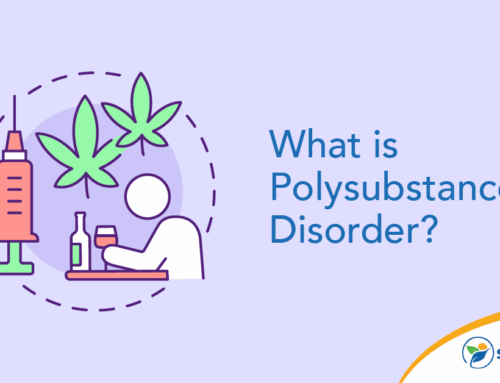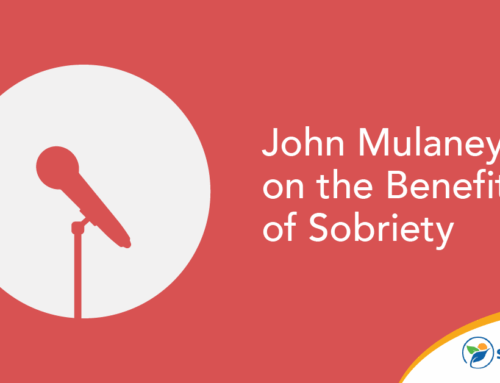Commonly known as us uppers, stimulant drugs are a class of drugs that stimulate the nervous system. Examples of stimulant drugs include street drugs such as amphetamines and cocaine and prescription drugs like Ritalin and Adderall. When the nervous system is in a hypervigilant state from stimulants, users report feeling more confident, energetic and alert. Unfortunately, the comedown after taking uppers can lead to bouts of paranoia, anxiety and depression.
When long-term users and people who’ve been on drug binges begin experiencing psychotic symptoms, they develop a mental disorder called stimulant psychosis. With drug-induced psychosis, it’s almost as if a switch is flipped in the brain that leads to permanent mental health complications such as schizophrenia. Addictive personalities and those with underlying mental health conditions are more susceptible to suffering from psychosis if stimulants are abused.
Keep reading to learn what stimulant drugs are, how to avoid them and how to recognize the symptoms in yourself and others.
Stimulant Drugs to Avoid
The safest way to avoid stimulant psychosis is to not use stimulant drugs like cocaine and schedule II prescription drugs, particularly if your family has a history of mental illness and addiction. Schedule II drugs and amphetamines have a high potential for abuse, so intake needs to be controlled and monitored if you’re at risk.
Adderall
Adderall is used to treat ADHD and narcolepsy but is also used as an illegal performance-enhancing drug for sports. Adderall activates the central nervous system to release dopamine, a feel-good stimulant that helps you focus and stay alert.
Ritalin and Concerta
Both Ritalin and Concerta are well-known prescription drugs used to treat ADHD. Concerta is a slow-release drug, while Ritalin works immediately to improve concentration.
Ephedrine
Ephedrine is a central nervous stimulant used to treat allergies, asthma and sinus problems. While under anesthetic, surgeons may administer ephedrine to prevent low blood pressure.
Oxycodone
Oxycodone is a habit-forming opioid used to relieve the symptoms of severe pain. It’s meant to be administered only if patients require 24/7 care and can’t take any other prescription painkillers.
Illicit Drugs
Stimulant psychosis can also be caused by the following party drugs:
- MDMA (Ecstasy). A designer drug that causes euphoria, hallucinations and highs
- Cocaine. Provides an instant high and gives a false sense of confidence
- Crack cocaine. Gives a powerful energetic feeling that leads to major depression afterward
- Cannabis. Considered both a stimulant and depressive
Stimulant Psychosis Symptoms and Causes
The causes of stimulant psychosis are the direct result of abusing stimulant drugs, both prescription and party drugs. For some people, stimulant psychosis resolves over time, while others need lifelong treatment. Binging on drugs can exacerbate underlying mental disorders, which then require anti-psychotics to resolve.
Typically, drug-induced psychosis does dissipate over a few days but requires immediate medical attention before those in a psychotic state harm themselves or others. While in this altered state, everything can seem very real, so it’s unlikely they’ll seek help without some kind of intervention. Recognizing the early warning signs can help you assist others in getting the help they need.
The symptoms of stimulant psychosis include:
- Neglecting day-to-day hygiene and having a disorganized lifestyle
- Loss of interest in activities and skipping work/school
- Lack of concentration and disruptive behavior
- Paranoid delusions and grandiose ideas
- Racing speech patterns and using words in the wrong context
- Antisocial and odd behavior that deviates from the norm
- Abnormal emotional or unemotional responses to events
- Hallucinations — both auditory and visual
- Voices telling you what to do
Am I at Risk?
According to the NHS, people who are most at risk are those who have underlying medical conditions (examples include Alzheimer’s, malaria and lupus) and mental health issues. Those who take stimulants and suffer from bipolar disorder, schizophrenia, depression or sleep deprivation could easily slip into drug-induced psychosis. Traumatic brain injuries, stroke and brain tumors are also risk factors.
Because mental health disorders and addiction can be inherited, genetics may also play a role in psychosis. According to studies, three out of 100 people will have some kind of psychotic break during their lifetime.
Managing Stimulant Psychosis
Immediate medical attention is needed during stimulant psychosis. Violence is one of the side effects of a stimulant overdose, so a treatment plan needs to be implemented immediately. After being assessed, an antipsychotic or benzodiazepine is administered. After a few days, the patient should ease out of their psychotic state but still needs to be closely monitored by professionals in a psychiatric hospital.
When the episode has passed, a treatment plan is discussed. Treatment plans typically involve a stint in a drug rehab center. Whether it’s addiction or dependency, support groups and psychiatrists can help figure out the cause of the dependency, which range from lack of support and biological factors to eating disorders and lack of coping mechanisms.
One of the most successful therapies for psychosis is cognitive behavioral therapy, which involves understanding your environment and experiences and what triggers negative reactions. During your chat sessions, you’ll establish why you keep getting caught in negative cycles and work on resolving how you can change your patterns.
If prolonged use has caused a long-term mental disorder, patients may need to learn a number of self-care techniques that include:
- Avoiding caffeine, alcohol and stimulants
- Getting enough sleep
- Eating healthy
- Practicing meditation and breathing techniques
- Having a support system in place, along with an emergency crisis plan
- Identifying triggers and avoiding them
- Getting help when you start to feel like you’re heading into a downward spiral
- Taking your medicine to treat underlying mental disorders
- Engaging in relaxation techniques
If you’re struggling with substance abuse and have issues with mental health, consider reaching out for help from professionals. Contact the caring and compassionate team of experts at Sunlight Recovery to help with your recovery journey.







